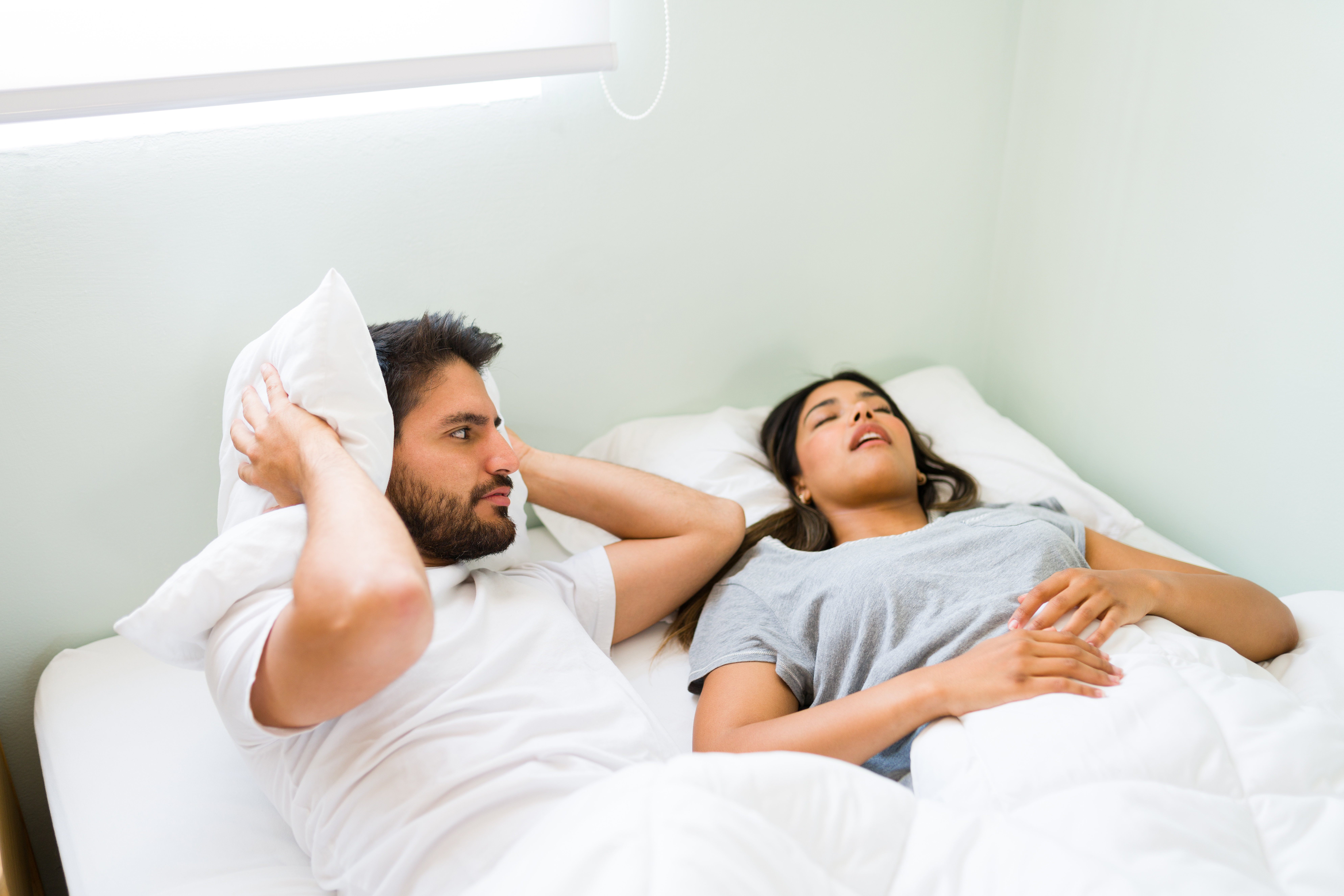Introduction to Sleep Apnea
Sleep apnea is a common sleep disorder. It causes your breathing to stop and start while you sleep. Many people do not know they have it. However, sleep apnea can affect your health and daily life. Making lifestyle changes for sleep apnea can help you breathe better and sleep well. In this blog, you will learn simple ways to manage sleep apnea naturally and improve your sleep at home.
Symptoms and Risks of Sleep Apnea
Often, people with sleep apnea feel tired during the day. They may snore loudly at night. Sometimes, they wake up gasping for air. Other signs include morning headaches, trouble focusing, and mood changes. If left untreated, sleep apnea can raise your risk for high blood pressure, heart disease, stroke, and diabetes. Therefore, it is important to recognize the symptoms early.
Importance of Lifestyle Changes in Managing Sleep Apnea
While medical devices and surgery can help, lifestyle changes for sleep apnea are also important. These changes may reduce symptoms and improve your quality of life. In some cases, they can even lower your need for other treatments. Because sleep apnea affects your whole body, healthy habits make a big difference.
Evidence-Based Lifestyle Modifications
Many experts, including the CDC and WHO, recommend these practical lifestyle changes to manage sleep apnea:
Weight Management
Extra weight, especially around the neck, can make sleep apnea worse. Losing even a small amount of weight can help open your airway. For example, eating balanced meals and choosing healthy snacks can support weight loss. Regular exercise also helps you reach and keep a healthy weight.
Sleep Position Tips
Sometimes, sleeping on your back can make sleep apnea worse. Instead, try sleeping on your side. This position keeps your airway open. You can use a body pillow or special device to help stay on your side through the night.
Avoiding Alcohol and Sedatives
Alcohol and sedatives relax your throat muscles. As a result, your airway may close more easily. Try to avoid these substances, especially before bedtime. This simple step can help reduce sleep apnea events.
Smoking Cessation
Smoking irritates your airway and can make swelling worse. Quitting smoking is one of the best ways to improve sleep apnea naturally. If you need help, talk to your doctor about support programs or medications.
Regular Exercise
Exercise helps you sleep better and manage your weight. Even a daily walk or gentle yoga can make a difference. Over time, regular activity may reduce sleep apnea symptoms and boost your energy during the day.
Healthy Sleep Hygiene
Good sleep habits can improve your rest. Try these tips:
These steps can help you fall asleep faster and stay asleep longer.
When to Seek Medical Help
If you still feel tired after making these changes, talk to a doctor. Also, seek help if you snore loudly, stop breathing during sleep, or wake up gasping. A sleep specialist or pulmonologist can check for sleep apnea and suggest the best treatment for you. Early care can prevent serious health problems.
Summary of Key Takeaways
Call-to-Action
If you think you have sleep apnea, do not wait. Consult a pulmonologist or sleep specialist for personalized advice. They can help you find the best plan to improve your breathing and sleep.
